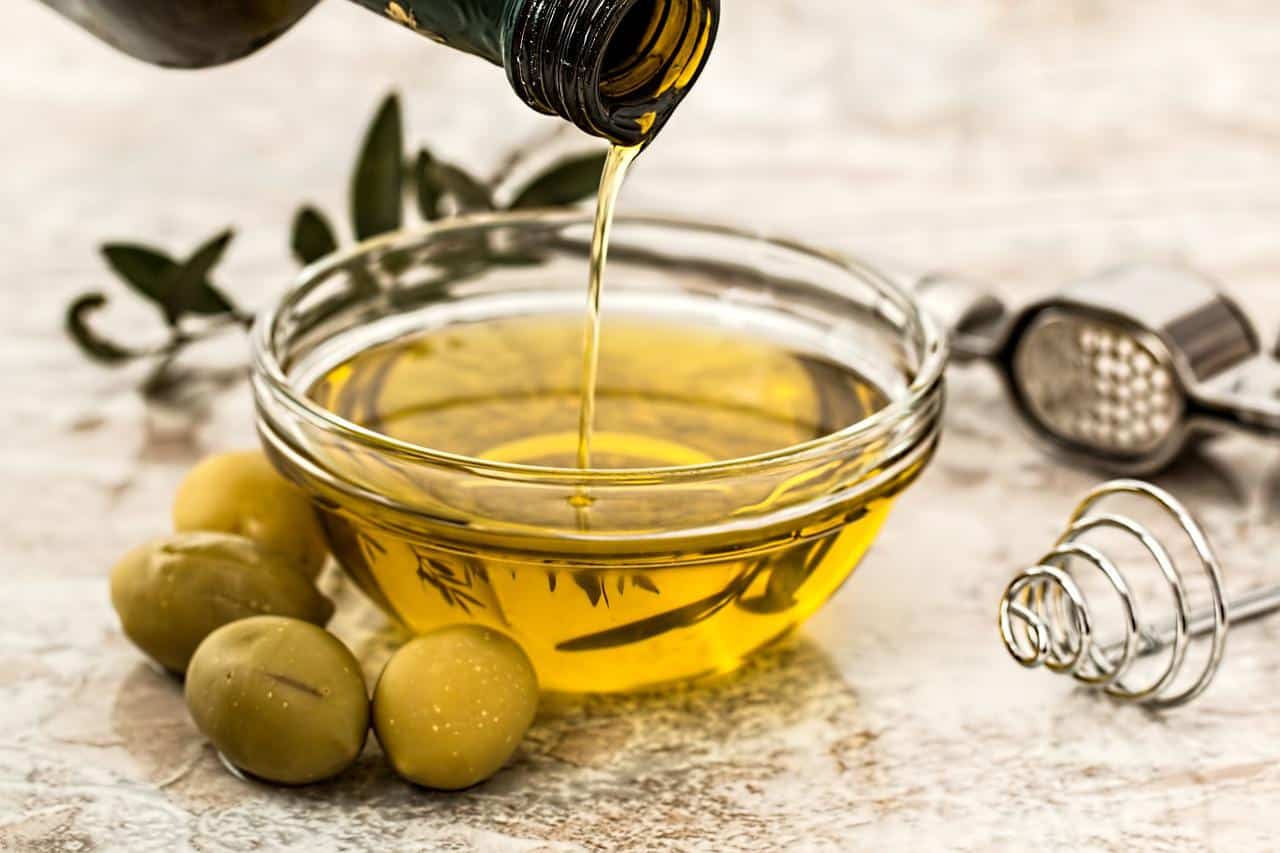
The best online fitness resource you'll ever need. We filter out the BS to ensure you meet your health and fitness goals!

The best online fitness resource you'll ever need. We filter out the BS to ensure you meet your health and fitness goals!

Yes, consuming olive oil will cause you to break your fast.
However, olive oil does not cause your fast to break in the typical sense of other foods. Olive oil is a heart-healthy fat but needs to be used in the right manner to really take full advantage of what it offers.
Let’s investigate why it can break a fast and if there are ways you can take advantage of it.
There are. To be precise, one teaspoon of olive oil contains about 4-5g of fat and yields about 40 calories.
While they might seem like a small number, this is significant when you consider the fact that this is just per teaspoon. Consume a larger amount and you could quickly end up in trouble in terms of the sheer number of calories you ingest.
Olive oil breaks a fast in the same way that any other food would: by introducing calories and therefore energy into your system, it prevents your body from having to burn stored energy (fat) for fuel.
Unlike other foods though, olive oil is just a type of fat which means it can be converted into ketone bodies in the absence of glucose. Hence, it can technically be used as a fuel source during a fast.
However, this process is not very efficient and is only likely to occur if you are already in ketosis (i.e., burning fat for fuel).
So, while olive oil may not technically break your fast in the same way that other food would, it is still likely to have an impact on your fast by supplying calories.
Technically, you can take advantage of olive oil while fasting, but this depends heavily on your goals or reason for fasting.
If you are trying to lose weight, then olive oil is likely to have the opposite effect as it will provide calories for your body to burn, instead of forcing it to burn stored energy (fat).
On the other hand, if you are trying to improve your health or increase your longevity, then olive oil can actually be helpful as it provides a source of healthy fat.
Olive oil is also beneficial if you are trying to increase your intake of polyphenols – antioxidants that have numerous health benefits.
Plus, one of the major benefits of fasting is a natural process known as autophagy; or cells “eating” themselves to get rid of damaged components, which is not impaired in the least by olive oil.
In fact, one of the primary antioxidants in olive oil by the name of oleuropein exerts its strong anti-cancer action via autophagy-related mechanisms.
So, while olive oil may technically break your fast, there are some benefits that can be had by consuming it in moderation. Just be sure to keep track of how much you are consuming so that you don’t end up taking in too many calories.
No, olive oil does not spike insulin levels.
Olive oil is a fat, and like all fats, it is digested slowly. This means that it does not cause a rapid rise in blood sugar levels like some other foods (such as carbohydrates) can.
In fact, one study showed that olive oil can actually help to lower blood sugar levels and improve HbA1c levels in people with type 2 diabetes.
So, if you are trying to keep your insulin levels low while fasting, then olive oil is a good choice. You will need to determine when is the best time to take it based on your reason for fasting.
If you’re looking to use olive oil while fasting, it’s best used in small amounts and as part of a bigger meal (e.g., added to a salad). This will help minimize the impact on your fast while still providing some benefits.
Taken 90-120 minutes before your actual fasting window makes a lot of sense as it allows you to experience enhanced autophagy, while not negatively affecting blood glucose or insulin levels.
Olive oil does technically break a fast because it supplies calories. Most foods that break a fast do so in the context of increasing blood sugar, and insulin levels in response.
As always, keep in mind the massive caloric load of olive oil that can quickly become troublesome if you’re not keeping tabs.
This is very informative. Thank you so much for the information ☺️
Glad you found it helpful Mel! You’re very welcome 🙂